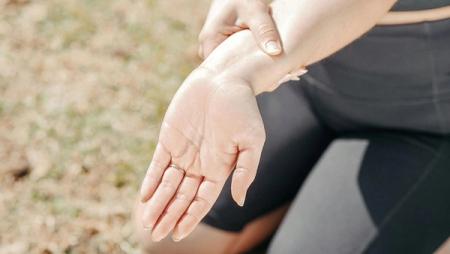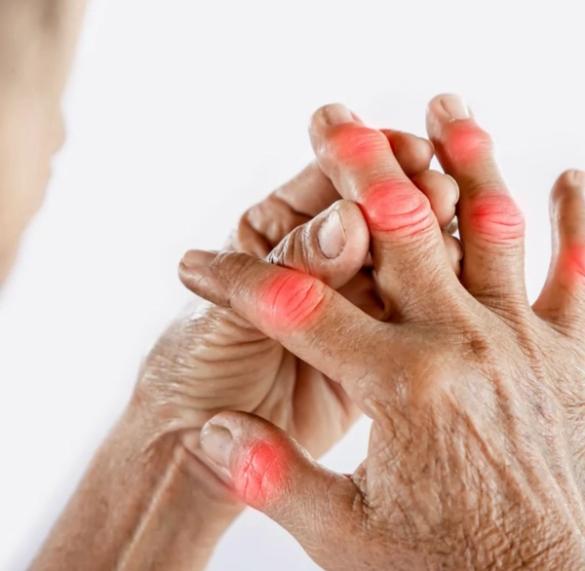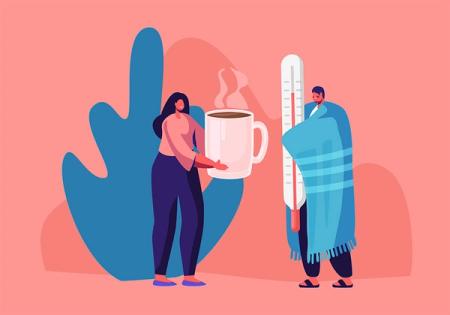question
can arthritis cause muscle pain?
Yes, arthritis can indeed cause muscle pain. In my sources, it is noted that muscular pain may arise as a result of the muscles working harder to compensate for weak or damaged joints. This can lead to muscle aches, stiffness, or tension, which are common experiences for individuals living with arthritis.
Understanding Muscle Pain in Arthritis
-
Compensation Mechanism: When joints are affected by arthritis, the surrounding muscles often have to work harder to support those joints. This increased effort can lead to muscle fatigue and discomfort.
-
Pain Cycle: The relationship between pain, stress, fatigue, and depression can exacerbate muscle pain. For instance, individuals who are feeling anxious or depressed may experience heightened sensitivity to pain, which can make muscle discomfort feel worse.
Types of Pain Associated with Arthritis
In addition to muscle pain, arthritis can manifest in various forms:
-
Joint Pain: The most common type, characterised by aching, stiffness, and soreness in the affected joints.
-
Inflammatory Pain: Associated with conditions like rheumatoid arthritis, this type of pain often includes redness, swelling, and warmth in the affected areas.
-
Nerve Pain: Sometimes, arthritis can lead to nerve pain, which may present as shooting or burning sensations, tingling, or numbness.
Managing Muscle Pain
If you are experiencing muscle pain related to arthritis, there are several strategies you might consider:
-
Exercise: Engaging in regular, appropriate exercise can help strengthen the muscles around the joints, improve flexibility, and reduce pain. Consulting with a healthcare professional can help you develop a suitable exercise program.
-
Heat and Cold Therapy: Applying heat can relax muscles and stimulate blood circulation, while cold treatments can numb painful areas and reduce swelling. Both methods can be soothing when used carefully.
-
Medication: Over-the-counter pain relievers or prescription medications may help manage muscle pain. Always consult your healthcare provider to determine the best options for your situation.
-
Physical Therapy: Working with a physiotherapist can provide tailored exercises and techniques to alleviate muscle pain and improve joint function.
-
Relaxation Techniques: Learning relaxation and pain-coping skills can help manage the emotional aspects of pain. Techniques such as deep breathing or guided imagery may be beneficial.
Conclusion
While arthritis can lead to muscle pain, understanding the underlying causes and implementing effective management strategies can help improve your quality of life. If you have further questions or concerns about your symptoms, I encourage you to consult with a healthcare professional for personalised advice and support.
This information is not a substitute for professional medical advice, diagnosis or treatment. Always consult a registered healthcare professional about matters that affect your health. Clara uses artificial intelligence to generate general information for personal educational purposes only, not intended to be a management plan and it may contain errors, inaccuracies or may oversimplify concepts.








